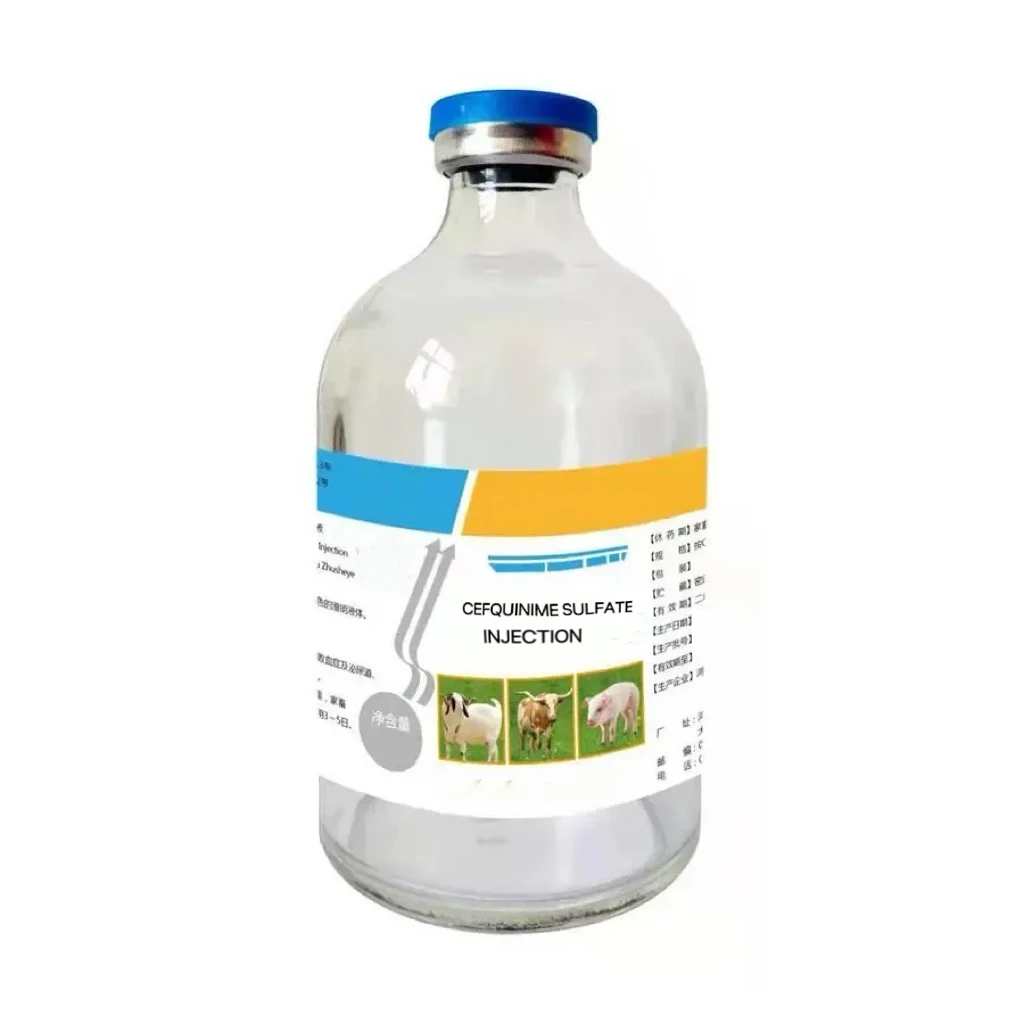- Afrikaans
- Albanian
- Amharic
- Arabic
- Armenian
- Azerbaijani
- Basque
- Belarusian
- Bengali
- Bosnian
- Bulgarian
- Catalan
- Cebuano
- Corsican
- Croatian
- Czech
- Danish
- Dutch
- English
- Esperanto
- Estonian
- Finnish
- French
- Frisian
- Galician
- Georgian
- German
- Greek
- Gujarati
- Haitian Creole
- hausa
- hawaiian
- Hebrew
- Hindi
- Miao
- Hungarian
- Icelandic
- igbo
- Indonesian
- irish
- Italian
- Japanese
- Javanese
- Kannada
- kazakh
- Khmer
- Rwandese
- Korean
- Kurdish
- Kyrgyz
- Lao
- Latin
- Latvian
- Lithuanian
- Luxembourgish
- Macedonian
- Malgashi
- Malay
- Malayalam
- Maltese
- Maori
- Marathi
- Mongolian
- Myanmar
- Nepali
- Norwegian
- Norwegian
- Occitan
- Pashto
- Persian
- Polish
- Portuguese
- Punjabi
- Romanian
- Russian
- Samoan
- Scottish Gaelic
- Serbian
- Sesotho
- Shona
- Sindhi
- Sinhala
- Slovak
- Slovenian
- Somali
- Spanish
- Sundanese
- Swahili
- Swedish
- Tagalog
- Tajik
- Tamil
- Tatar
- Telugu
- Thai
- Turkish
- Turkmen
- Ukrainian
- Urdu
- Uighur
- Uzbek
- Vietnamese
- Welsh
- Bantu
- Yiddish
- Yoruba
- Zulu
Dec . 12, 2024 15:55 Back to list
tylosin injection for cats
Tylosin Injection for Cats A Comprehensive Overview
Tylosin is an antibiotic that belongs to the macrolide class of drugs. Primarily used in veterinary medicine, it has gained traction for its effectiveness against a variety of bacterial infections in different animal species, including cats. This article aims to provide a comprehensive guide on tylosin injection for cats, addressing its uses, dosage, potential side effects, and considerations for pet owners.
What is Tylosin?
Tylosin works by inhibiting bacterial protein synthesis, which makes it effective against a wide range of Gram-positive bacteria and certain Gram-negative organisms. In addition to its antibacterial properties, tylosin also exhibits anti-inflammatory and immunomodulatory effects. This makes it a versatile drug for treating various conditions in cats.
Uses of Tylosin in Cats
Tylosin is commonly prescribed for felines suffering from gastrointestinal disorders. These disorders could include chronic diarrhea caused by bacterial infections, inflammatory bowel disease (IBD), and other conditions where bacterial overgrowth is suspected. It is particularly valuable in treating conditions caused by sensitive organisms, including those that may not respond well to other antibiotics.
Moreover, tylosin is sometimes used in managing respiratory infections and certain skin conditions in cats. It may also be used in combination with other medications to enhance therapeutic outcomes.
Administration
Tylosin for cats can be administered orally as tablets or granules and by injection. The injectable form is often chosen when a more rapid response is required or when the cat is unable to take oral medications. The route of administration will depend on the specific condition being treated and the veterinarian's recommendation.
Dosage
tylosin injection for cats

The appropriate dosage of tylosin can vary based on the individual cat's weight, age, health status, and the underlying condition being treated. It is crucial for pet owners to follow their veterinarian's instructions regarding dosage and administration fully. Generally, the injectable form is given once or twice daily, but the frequency and amount should always be tailored to the cat’s specific needs.
Potential Side Effects
While tylosin is generally considered safe for cats, it is not without potential side effects. Some cats may experience gastrointestinal upset, leading to symptoms such as vomiting, diarrhea, or decreased appetite. In rare cases, allergic reactions may occur, manifesting as itching, swelling, or difficulty breathing.
If any adverse effects are observed following the administration of tylosin, it is important for pet owners to contact their veterinarian promptly to discuss the reactions and determine the best course of action.
Special Considerations
Pet owners should inform their veterinarians about any medications their cats are currently taking, as well as any pre-existing health conditions. Tylosin can interact with certain drugs, and its use may require careful monitoring in cats with liver or kidney issues.
Moreover, when using tylosin, it's essential to complete the full course of treatment as prescribed by the veterinarian, even if the cat starts to show signs of improvement. Stopping antibiotics prematurely can lead to antibiotic resistance and a recurrence of the infection.
Conclusion
Tylosin injection can be an effective treatment option for various bacterial infections in cats, particularly those affecting the gastrointestinal and respiratory systems. However, as with any medication, responsible use is crucial. Regular consultations with a veterinarian, adherence to prescribed dosages, and proactive monitoring for side effects will help ensure that your feline friend benefits from this medication while minimizing potential risks.
In a world where pet healthcare continues to evolve, medications like tylosin remind us of the importance of veterinary guidance and responsible pet ownership. By staying informed and proactive, pet owners can help their cats lead healthier, happier lives. If you have questions or concerns about tylosin or any other medications, do not hesitate to reach out to your veterinarian for expert advice tailored to your pet’s unique needs.
-
Guide to Oxytetracycline Injection
NewsMar.27,2025
-
Guide to Colistin Sulphate
NewsMar.27,2025
-
Gentamicin Sulfate: Uses, Price, And Key Information
NewsMar.27,2025
-
Enrofloxacin Injection: Uses, Price, And Supplier Information
NewsMar.27,2025
-
Dexamethasone Sodium Phosphate Injection: Uses, Price, And Key Information
NewsMar.27,2025
-
Albendazole Tablet: Uses, Dosage, Cost, And Key Information
NewsMar.27,2025













